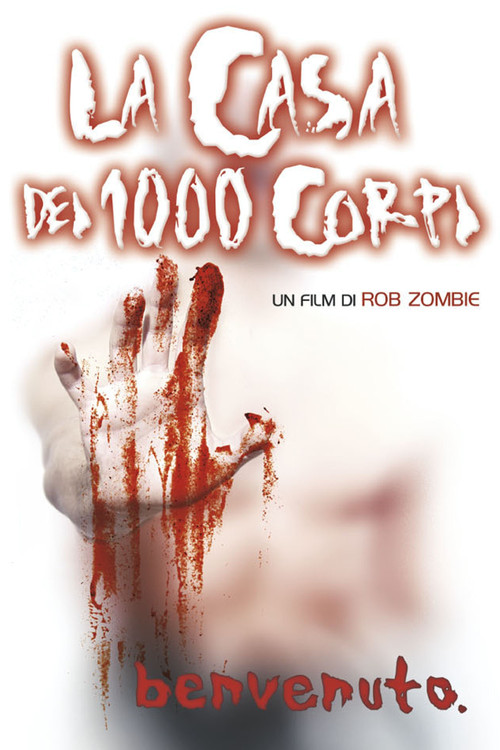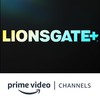Roberto Giacomelli
•1970s. A group consisting of two boys and two girls embarks on a journey through the strangest places a tourist might encounter, aiming to write a guide about roadside oddities in the USA. They eventually arrive at a gas station (where excellent fried chicken is served!) with an attached horror museum, where they learn about the legendary figure of Doctor Satan. Intrigued and determined to learn more, the group sets off under torrential rain toward the site where the mysterious doctor was supposedly killed. Along the way, they encounter an attractive hitchhiker who offers to guide them. The car breaks down, and the group is invited to the hitchhiker's house to use the phone. However, the naive visitors find themselves at the mercy of a family of psychopathic lunatics devoted to satanic rituals and all kinds of atrocities.
This is a unique film that either positively captivates or is hated from the very first moment. It marks the directorial debut of singer and musician Rob Zombie, former leader of the iconic White Zombie, who wanted to pay homage (from the era in which the film is set) to the grotesque and brutal horror genre that flourished in the mid-1970s, spearheaded by the now-legendary "The Texas Chain Saw Massacre" by Tobe Hooper. With this film, the director declares his love for that cinematic genre, so much so that the plot is merely a pretext to showcase explicit references to his predecessors, delightfully spiced with vibrant colors and a particular taste for the macabre, gore, and absurdity. While the connection to "The Texas Chain Saw Massacre" is evident from the plot, there are also references to other films centered on peculiar family units: "The Hills Have Eyes," "Spider Baby," and "The Funhouse." However, Zombie's film, being a playful indulgence for horror enthusiasts, has been stripped of any sociological value (which his predecessors could boast).
The family, understood as a primary institution and the nucleus where the ethical and psychological formation of the individual develops, was portrayed (in films of the '70s) as corrupt and degenerate, a factory of monsters and demented, masked psychopaths: a clear reference to the fears and insecurities that characterized American society at the time. "House of 1000 Corpses" could also carry similar values (especially suited to the current North American social condition, which seems to have fallen into a new post-Vietnam era), but this was certainly not the intention of the director, making such an interpretation rather forced.
From a technical perspective, this film is highly commendable: Rob Zombie, who also authored the delirious screenplay and the excellent soundtrack, appears to possess good directorial skills and employs a series of clever technical devices that are a visual treat (though they might irritate some). The film is rich in psychedelic and artificial colors and features editing that is at times fast-paced and frantic, occasionally interrupted by singular clips (taken from old films or vintage TV broadcasts... or so they seem!). Additionally, the negative effect is frequently used.
The cast aligns with the entire project, as Rob Zombie chose two horror film icons to play two of the main members of the crazy Firefly family: Karen Black, Dan Curtis's favorite actress (seen in "Trilogy of Terror" and "Burnt Offerings") as the nymphomaniac mother, and Bill Moseley, famous for his role as Chop Top, Leatherface's brother in "The Texas Chainsaw Massacre 2," as the cornerstone of the degenerate family. Other actors include the stunning Sheri Moon as the ditsy and lethal hitchhiker and Sid Haig as the gas station manager.
In conclusion, this is a highly successful nostalgic endeavor, with irreverent and delightfully pop tones, crafted by a genre enthusiast who doesn't shy away from gratuitous violence, humor, and visually excessive yet tasteful elements. A sequel is in the works.
Trivia: The film experienced a particularly long and troubled production phase (about 4 years), as Universal and later MGM refused to take on the project due to its controversial content and complete lack of morality. Ultimately, the film was produced by Lionsgate, which always keeps a keen eye on horror films.





Comments